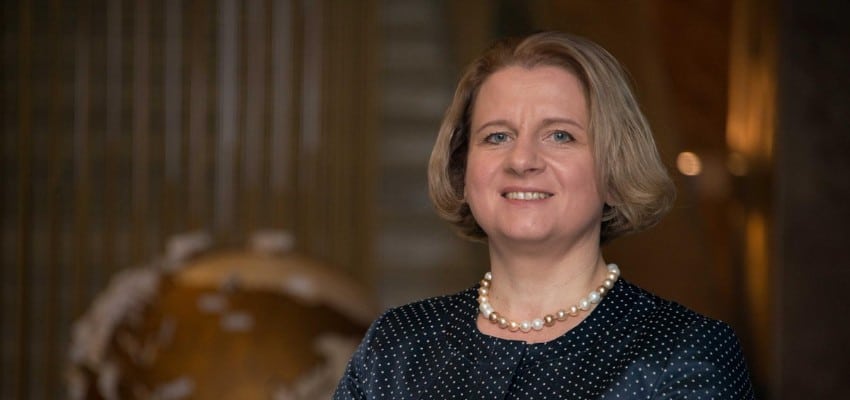|
|
Editor’s Note: Heli Tiirmaa-Klaar is the Ambassador-at-Large for Cyber Security at the Estonian Ministry of Foreign Affairs. Over ten years of high-level experience in cyber-affairs on her side, including positions at NATO and the EU, made her one of POLITICO’s game changers likely to shape our world in 2019.
Extract from an interview with Estonian Cyber Diplomat Heli Tiirmaa-Klaar
When it comes to cyberspace regulation, Western powers seem to head towards a certain direction, other countries to another. Are we witnessing the emergence of a new, cyber cold war?
I would not say that there is a new cyber cold war emerging, however, it is true that, when it comes to internet governance, countries often project their existing political views to the relatively new field. The best example to describe what is happening in global cyberspace regulation comes from autumn 2018 when the United Nations (UN) First Committee had to decide between two different ways forward in developing cyber norms and regulations. One of the resolutions was authored by the Russian Federation, the other by the United States.
In November, the resolutions received 109 and 139 positive votes respectively, which was enough to continue with two parallel tracks. We will be following closely the developments of the Open-Ended Working Group that will be launched in June this year according to the Russian revolution, but also the US initiative in the form of a new Group of Governmental Experts (GGE). Most likely, the latter will be starting sometime in 2020 and it will include the messages from the previous 2013 and 2015 GGE reports.
It is clear that the conventional power dynamics from the last century are still visible. However, we are seeing many emerging powers in the global arena that are making the polarisation less clear. This is also illustrated by the fact that many nations voted ‘yes’ to both of the UN resolutions, indicating a clear interest in making their voice heard, as well as their willingness to contribute to the high-level agenda-setting process in cyberspace.
Additional Reading
- Estonia, the Digital Republic
- E-Residency Website (Republic of Estonia)
- Establish an EU-Based Company: How To Get Started
Source: ComplexDiscovery






















